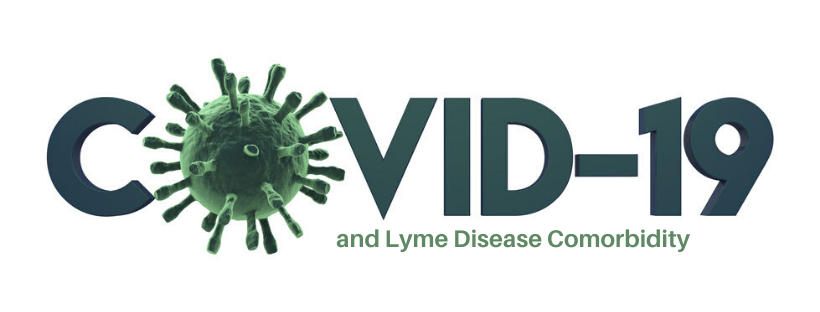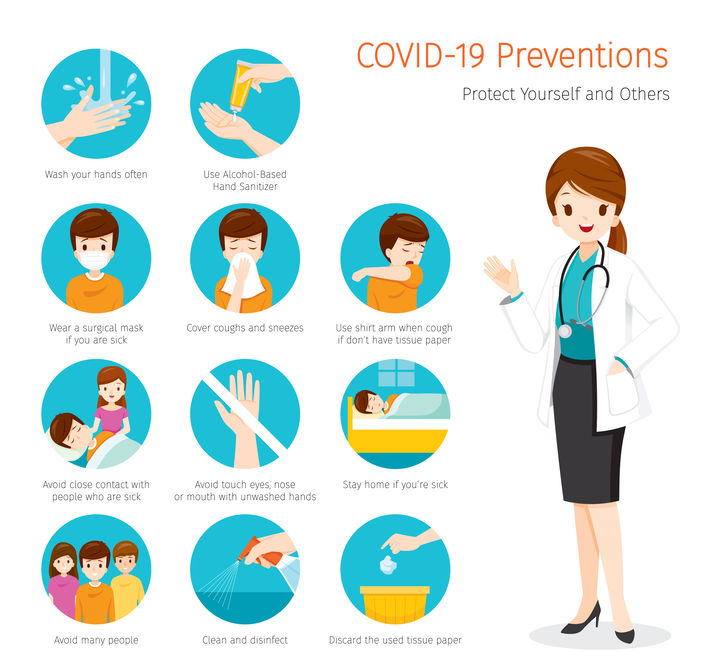
For months our television sets, radios, newspapers, and social media outlets have been flooded with reports on COVID-19. As this pandemic continues to stronghold the world and the outlets we turn to for guidance produce shifting narratives, it can be difficult to know which information to trust. One thing that health professionals and media reporters seem to be unanimous on, however, is that the disease can be more severe for certain people.
In addition to elderly men and women age 65 and older, the CDC states that COVID-19 can be more severe in individuals with a comorbidity.
What does comorbidity mean?
Comorbidity is created when the presence of more than one disorder is detected in a person’s system. So in the world of COVID-19, if an individual is immunocompromised or has an existing medical condition and then contracts the coronavirus, they are more likely to struggle with recovery. The CDC goes on to list those with the following conditions amongst the highest at risk:
- Cancer
- Rheumatoid arthritis
- Diabetes
- Chronic kidney disease
- Liver disease
- Severe asthma
- Obesity and more.
What is one condition we’ve yet to find on any of the CDC’s lists? Lyme disease.
Lyme Disease and COVID-19

Lyme disease a tickborne disease that affects roughly 300,000 Americans each year. Much like COVID-19, its symptoms appear gradually and often mimic other illnesses, which is how it often goes undiagnosed. The longer a tick goes undetected on its host, the more the disease spreads through the bloodstream. As such, your immune defenses fall, making you more susceptible to contagious illnesses and less resilient to their effects.
So, why is the risk to Lyme disease patients not reported as frequently as other medical conditions? Perhaps it’s because Lyme is not officially considered an autoimmune disease, though its symptoms can effectively compromise the immune system and lead to the development of autoimmune diseases, such as Rheumatoid arthritis. Truthfully, however, we don’t know the answer. What we do know is that the Lyme community is no stranger to the failings of the CDC. Because of this, we answer the call to educate others on how they can limit the number of comorbidity cases for Lyme disease and COVID-19.
How Lyme disease patients can protect themselves from COVID-19
- Ask your doctor about what you should do to boost your immune system. While you should never make adjustments on your own accord, your physician may advise you to increase the dosage of your supplements.
 Stay home and don’t panic. Even if you become symptomatic, do not panic and immediately run to the hospital or your doctor’s office. As a Lyme patient, your immune defenses are already low. If you don’t actually have COVID-19, going to a populated area where the sick are congregated could lead you to contract it or something else.
Stay home and don’t panic. Even if you become symptomatic, do not panic and immediately run to the hospital or your doctor’s office. As a Lyme patient, your immune defenses are already low. If you don’t actually have COVID-19, going to a populated area where the sick are congregated could lead you to contract it or something else.
- Be aware that ticks are NOT social distancing. With COVID-19 forcing everyone into isolation, people are taking liberties where they can by hitting the open trails for hikes and fresh air. While this is great for keeping your mental health in check, reports claim ticks may be especially active in some areas of the country this spring. Being mindful of this when exercising outdoors can help keep those comorbidity rates down.
If you do plan to ramp up the outdoor activity while in isolation, don’t forget to always have your Original Tick Key™ handy. Our easy-to-use tick removal device is small enough to fit in your pocket or attach to any key ring. It is also proven highly effective in removing an entire tick quickly and safely, thus limiting your risk for developing Lyme disease or other tickborne diseases at all.
As we enter yet another month of this new normal, we hope you will do your part to flatten the curve and protect yourself and others from COVID-19. We also encourage you to learn more about Lyme disease and how this life-altering illness can have devastating effects when paired with the new coronavirus. Since the month of May just so happens to be Lyme Disease Awareness Month, there’s no better time to educate yourself and get involved.
For more information regarding Lyme disease or to learn more about how the Original Tick Key™ tick removal device works, contact TickKey International, Inc. today and stay safe!

Recent Comments